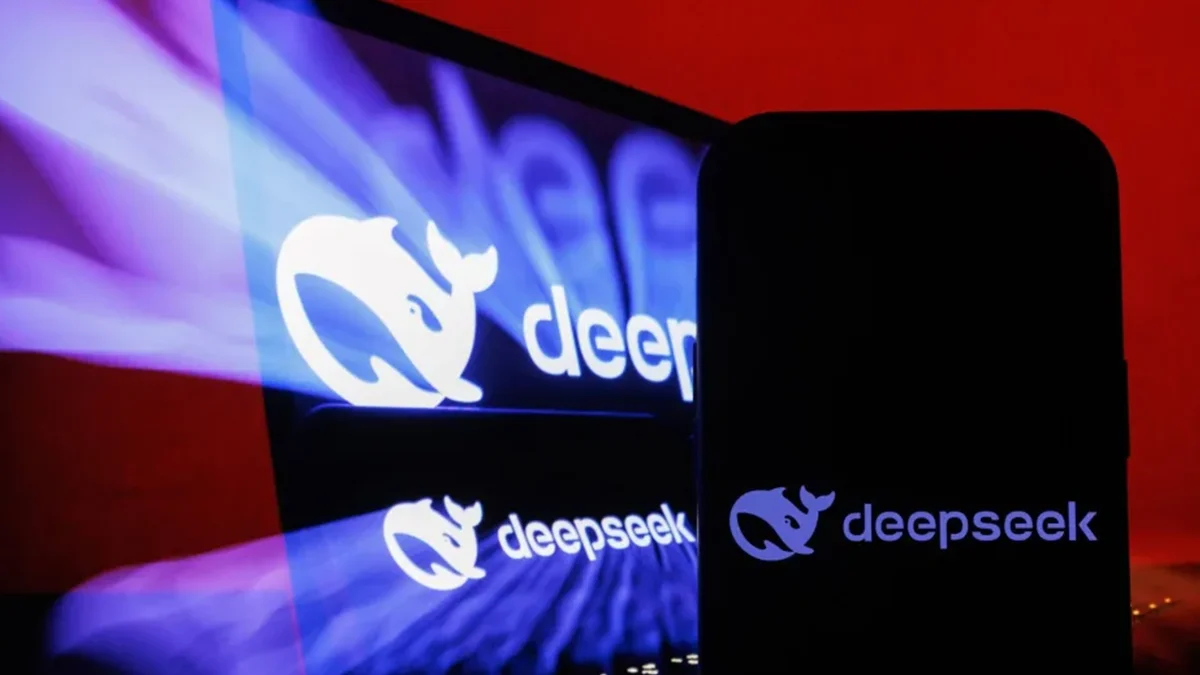Necessary Always Active
Necessary cookies are required to enable the basic features of this site, such as providing secure log-in or adjusting your consent preferences. These cookies do not store any personally identifiable data.
|
||||||
|
||||||
|
||||||
|

Chinese AI startup DeepSeek has announced plans to restrict access to its app interface service. According to Yahoo Finance, DeepSeek’s AI access restrictions have been necessitated by shortages in the startup’s server capacity.
The AI startup’s DeepSeek-v3 has captured global interest due to its ability to generate human-like text. The AI model is capable of running different applications like translation, content creation, and automation.
The company posted the AI access restrictions on its website. DeepSeek said it was suspending the ability of its customers to add API credits in order to avoid widespread impact on its services. The company added that none of the values currently stored on its servers will be affected by the restrictions.
“The existing recharge amount can continue to be used, please understand,” the company said.
DeepSeek server capacity issues have caused the AI startup to struggle with rising demand for its services since it launched its AI chatbot that rivals ChatGPT in January. Its developers have claimed that it cost them a fraction of the amount that its rivals have spent to develop its model. Previously, the AI startup restricted new user signups to people within mainland China.
Last month, the hype around the Chinese AI chatbot triggered a market selloff that caused US and European tech companies to use $1 trillion in market valuation. The AI app also influenced US efforts to reflect on its restrictions on the sale of AI chips. US government officials are currently investigating DeepSeek to see whether the startup may have circumvented restrictions on AI chip exports to China and acquired Nvidia AI chips through third parties in Singapore.
DeepSeek captured the interest of some tech investors due to the speed at which DeepSeek developed an AI assistant that rivals OpenAI’s Chatbot using roughly $5 million. Other AI firms have spent billions to achieve similar results. DeepSeek was able to do so even with the strict AI chip controls that limited the company’s access to computational power.
However, US tech giants have defended their massive AI investments in the wake of DeepSeek’s cost-effective AI breakthrough. Tech giants argue that heavy AI spending is important in maintaining their competitiveness in the dynamic field.
DeepSeek’s pricing has alarmed some of its rivals. The company said that it will close access discounts on February 8 after which the startup will charge 2 yuan for every one million input tokens and 8 yuan for every one million output tokens. Once its reasoning model goes live, the charges will be 16 yuan per million output tokens and 4 yuan per one million input tokens.
On Monday, DeepSeek startup said its newly launched AI chatbot suffered a cyber-attack. The attack forced it to limit registrations temporarily. The attack came soon after the AI app became the top-rated app in the US after it topped downloads on Apple’s App Store. The app also ranked high on Google Play Store. DeepSeek investigated the cyberattack on Monday and concluded that it was a large-scale malicious attack.
As the Chinese AI startup struggles with capacity problems, countries around the world have either banned or restricted its use within their territories due to data privacy or security concerns. Most governments fear that the AI model may be collecting sensitive data from users and sharing it with Chinese authorities.
In its privacy policy, the AI startup states that it stores user data in servers that are located in China. Chinese laws require organizations to share data with government intelligence officials whenever they are asked to do so. Some of the countries that have restricted or banned DeepSeek AI entirely include Italy, Taiwan, the US, Australia, South Korea, and India.
Italy banned DeepSeek AI over its compliance with EU data privacy laws. In Taiwan, the AI application has been banned in all public organizations including schools, and state-owned enterprises. Australia has banned public staff from using the chatbot on government devices while South Korea’s defence ministry has blocked the AI app from accessing its military computers.
In the US, the Navy has restricted DeepSeek use. Various federal agencies have also banned employees from using the app while Texas state has banned the app entirely.